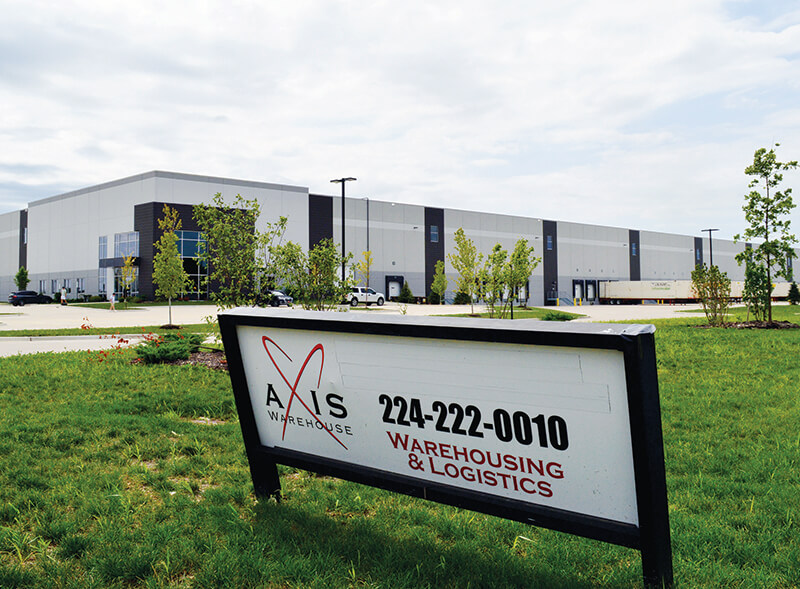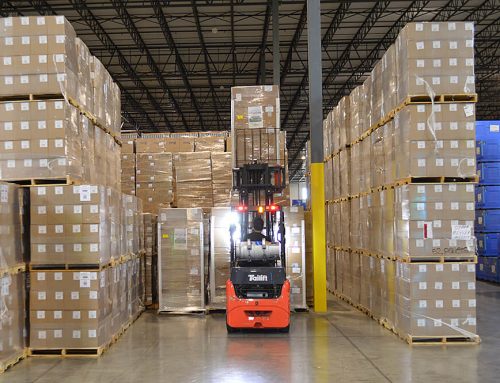In the dynamic logistics and supply chain management world, businesses often seek innovative solutions to enhance their operational efficiency. The 3PL provider (third-party logistics) is a critical player in this realm.
It is a specialized company that offers outsourced logistics and supply chain management services to businesses. These services typically encompass a wide range of functions, including transportation, warehousing, distribution, freight forwarding, inventory management, order fulfillment, and supply chain consulting. A 3PL acts as an external logistics partner, helping businesses optimize their supply chain processes.

Essential Functions of a 3PL Provider
Transportation Management
3PLs manage the movement of goods, ensuring timely and cost-effective transportation. This service includes freight management, carrier selection, and route optimization to minimize transit times and expenses.
Warehousing and Distribution
They also provide warehousing solutions for businesses, offering storage facilities and managing the distribution of products. This is particularly beneficial for companies without their own warehouses or those looking to expand their reach.
Inventory Management
Efficient inventory management is critical for businesses to avoid overstocking or stockouts. 3PLs use advanced technologies to monitor and optimize inventory levels, enhancing overall supply chain performance.
Order Fulfillment
From order processing to picking, packing, and shipping, 3PLs handle the entire fulfillment process. This ensures timely and accurate delivery of products to end customers.
Technology Integration
Many 3PLs leverage cutting-edge technologies, such as warehouse management systems (WMS), to provide real-time visibility, analytics, and reporting for better decision-making.
How are 3PLs different from transportation companies?
3PLs act as intermediaries between a company that needs logistics services and the transportation companies that provide those services. Transportation companies offer business transportation services, such as shipping, freight, trucking, air cargo, and rail transport.
A transportation company typically focuses solely on moving goods from one place to another and may or may not provide additional logistics services such as warehousing or order fulfillment. While both a 3PL and a transportation company provide logistics services, a 3PL offers a broader range of services.
Benefits of Partnering with a 3PL
Cost Savings
3PLs often have established relationships with carriers and suppliers, enabling them to negotiate better rates for transportation, warehousing, and other logistics services. This network can result in significant cost savings for businesses.
Scalability
Businesses grow or experience fluctuations in demand. A 3PL provides the flexibility to scale operations up or down quickly without significant investments in infrastructure and personnel. This adaptability is crucial in today's fast-paced business environment.
Global Reach
For companies with international operations, 3PLs with a global network provide access to a wide range of resources, including international transportation, customs compliance, and distribution services. This helps businesses expand their market reach.
Reduced Risk
3PLs bring a wealth of expertise and industry knowledge to the table. Their understanding of best practices, regulations, and potential challenges in logistics helps businesses navigate complexities and mitigate risks effectively.
Focus on Core Competencies
Businesses can concentrate on their core competencies and strategic objectives while entrusting logistics operations to a 3PL. This increases focus on product development, marketing, and customer service.
In a world where efficiency, flexibility, and cost-effectiveness are paramount, the role of 3PLs is becoming increasingly vital. By outsourcing logistics functions to a specialized partner, businesses can easily navigate the complexities of supply chain management.




